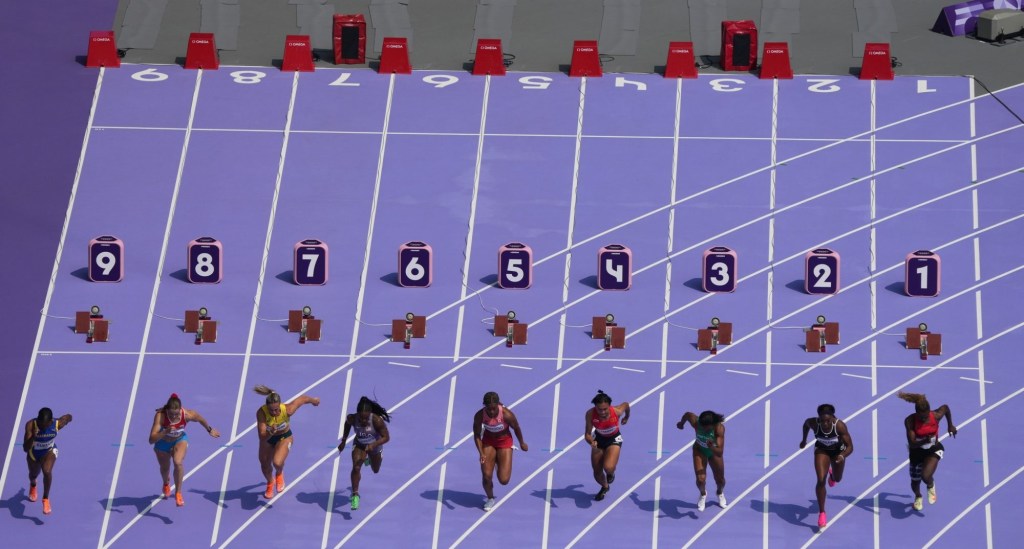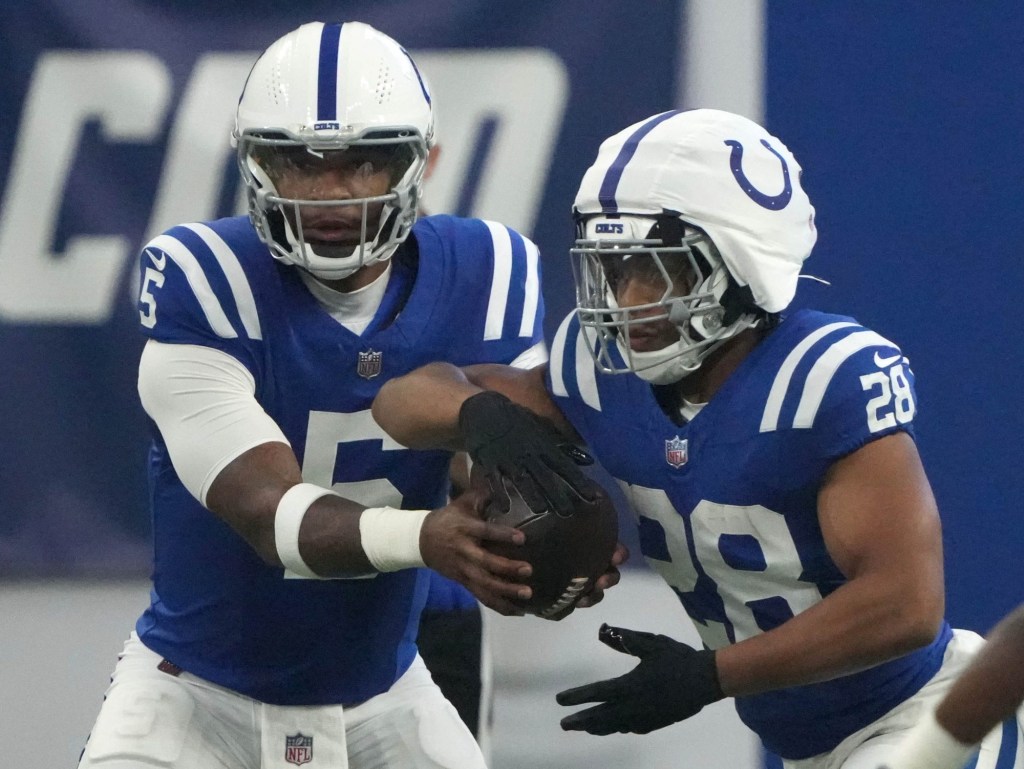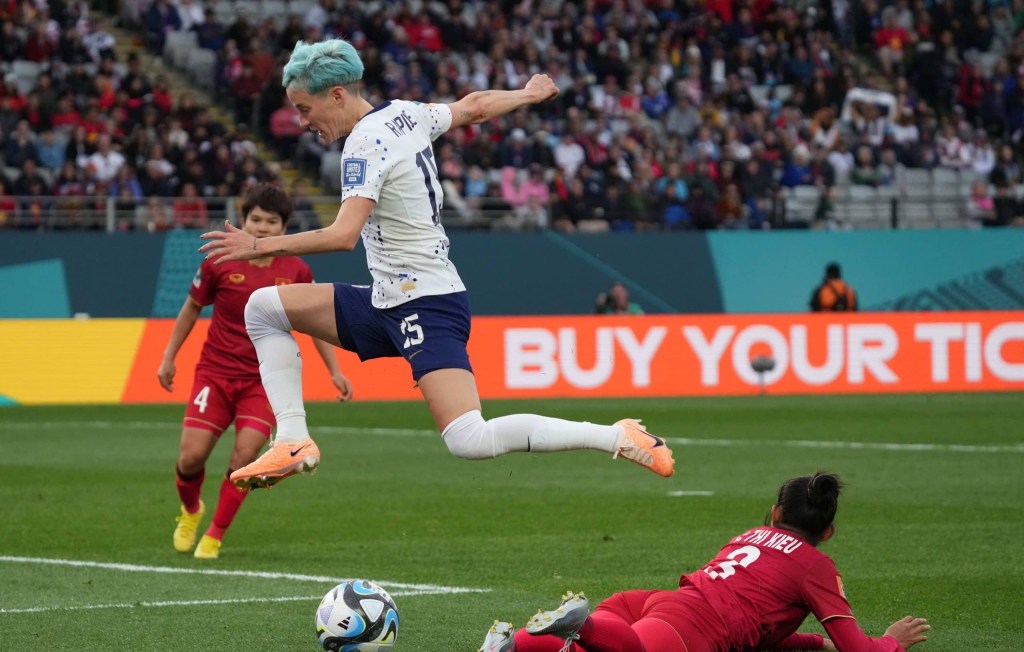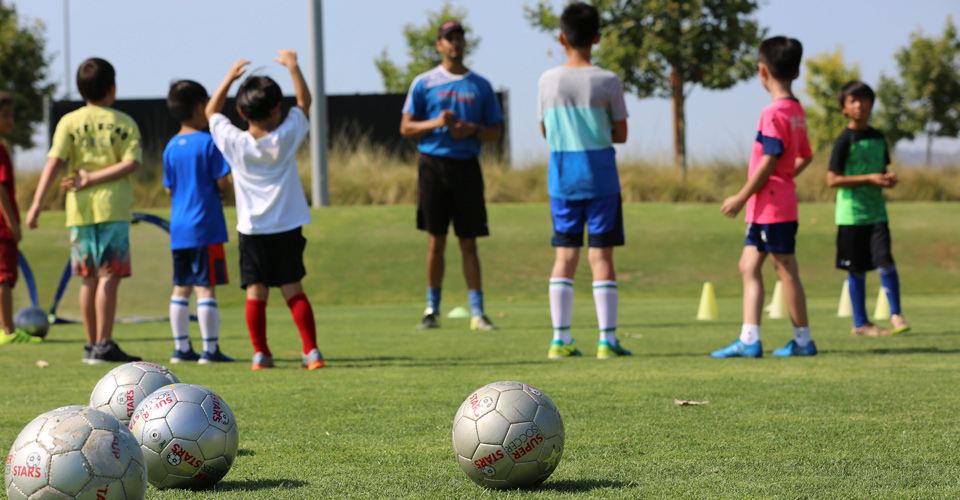
Earlier this month, Soccer Super Stars, a grassroots national youth soccer program, announced sports media veteran Adam Geisler as its new CEO. As our world becomes more digital and children’s activity preferences continue to change, Geisler’s vision is to grow the organization into the largest youth sports recreation and education platform.
The organization was launched nearly 20 years ago, in the fall of 2000, to fulfill an opportunity to create a unique and innovative program for children interested in playing soccer. Initially based on the Upper West Side in New York, Super Soccer Stars was founded with the hopes of introducing soccer to children at a young age and boosting participation in a sport that, at the time, had a high demand but little opportunity.
Since then, the concept has grown and the organization is now present in 13 national markets. Super Soccer Stars works with 20,000 young athletes a week and employs over 750 coaches nationwide. Super Soccer Stars prides itself on its content model in which it distributes soccer-skill lessons to an audience across the country. High quality and a low child-to-coach ratio with positive reinforcement integrated throughout all of its classes are two keys to its product.
The world looks a lot different today than it did during the organization’s inception nearly 20 years ago. Children’s interests have changed, adjusting to the rising accessibility of technology and digital connectivity, and values of sports and wellness can come secondary to screens.
READ MORE: Reely Taps Into ‘Inevitable Future,’ Provides Instant Highlights Using AI
“We see iPads and electronics and the ‘Fortnite’ generation getting distracted by so many things, and we’re losing the purity of what sport was,” explained Geisler.
Faced with numerous challenges of changing attention spans and increased opportunity for non-sport related activity, Geisler sees an even bigger problem.
“What we’re really seeing is at a higher socioeconomic level — the more money you have, the more access you have to sports. It’s not right. We want to give everybody the opportunity to enjoy sport and to give everybody the opportunity to enjoy it at its core level,” he said.
Super Soccer Stars is taking a different approach than many youth development leagues, and starting young. Really young.
The content designed by the organization is for children ages two to eight, often making Super Soccer Star’s classes a child’s first experience with soccer. Working with this young demographic is a responsibility Dean Simpson, the chief programs officer of Super Soccer Stars, takes seriously.
[mc4wp_form id=”8260″]
“We really try to harness this opportunity for kids to express themselves and play freely,” he said.
The leaders of Super Soccer Stars believe soccer is a gateway sport and starting young with fun, engaging, and informative content is something that the organization hopes will drive participation at a larger level.
Most other organizations start training athletes at the club level around age 14, but Super Soccer Stars has found success by starting at a younger age. By developing programs that encourage learning and an environment that allows children to express themselves, Super Soccer Stars has led 90 percent of its participants to continue the sport upon outgrowing the organization’s content.
In a time when sports participation is dropping and existing programs remain highly competitive, the learning environment Super Soccer Stars has created is refreshing.
READ MORE: Intel Wants to Change How We Watch Highlights
“I think the reason why we’ve excelled and grown over the years is that we really encourage our coaches to ensure that the kids are using positive reinforcement. We like to give them specifics of what they’ve been doing well and what areas they need to improve on,” said Simpson.
With expanded funding, Geisler looks forward to growing the organization’s platform — and working with children in 24 cities across 13 different states — in his new role.
“The combination of having national programs in established local markets for young children, as well as the growth spurt that soccer is in right now, really positions us to not just expand the footprint of youth soccer in America, but to also positively impact the lives of thousands of young people through sport.”
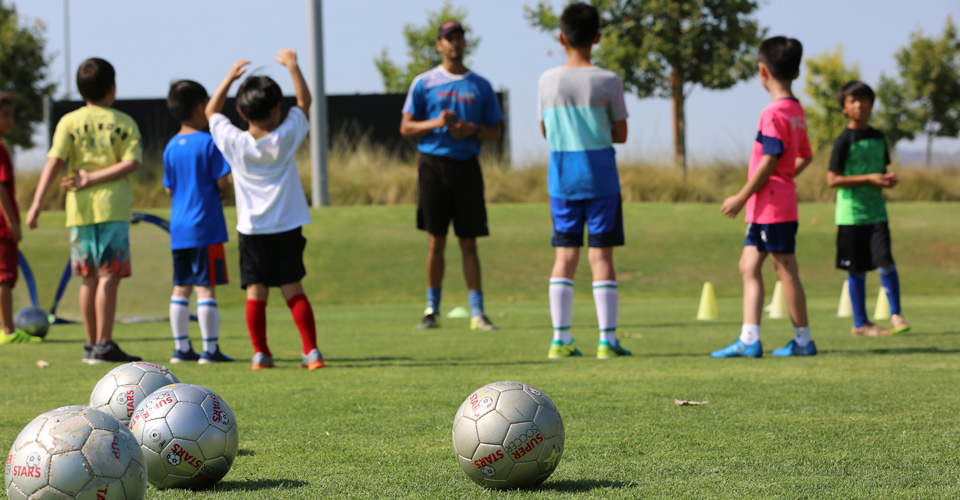
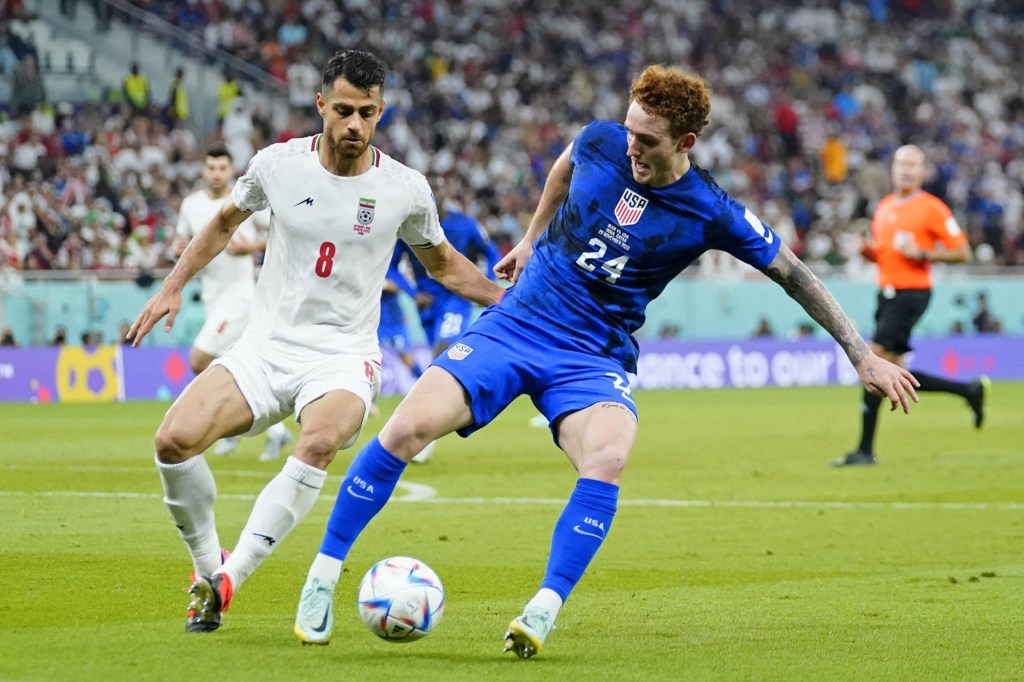


![[Subscription Customers Only] Jun 15, 2025; Seattle, Washington, USA; Botafogo owner John Textor inside the stadium before the match during a group stage match of the 2025 FIFA Club World Cup at Lumen Field.](https://frontofficesports.com/wp-content/uploads/2026/02/USATSI_26465842_168416386_lowres-scaled.jpg?quality=100&w=1024)
![[Subscription Customers Only] Jul 13, 2025; East Rutherford, New Jersey, USA; Chelsea FC midfielder Cole Palmer (10) celebrates winning the final of the 2025 FIFA Club World Cup at MetLife Stadium](https://frontofficesports.com/wp-content/uploads/2026/02/USATSI_26636703-scaled-e1770932227605.jpg?quality=100&w=1024)







